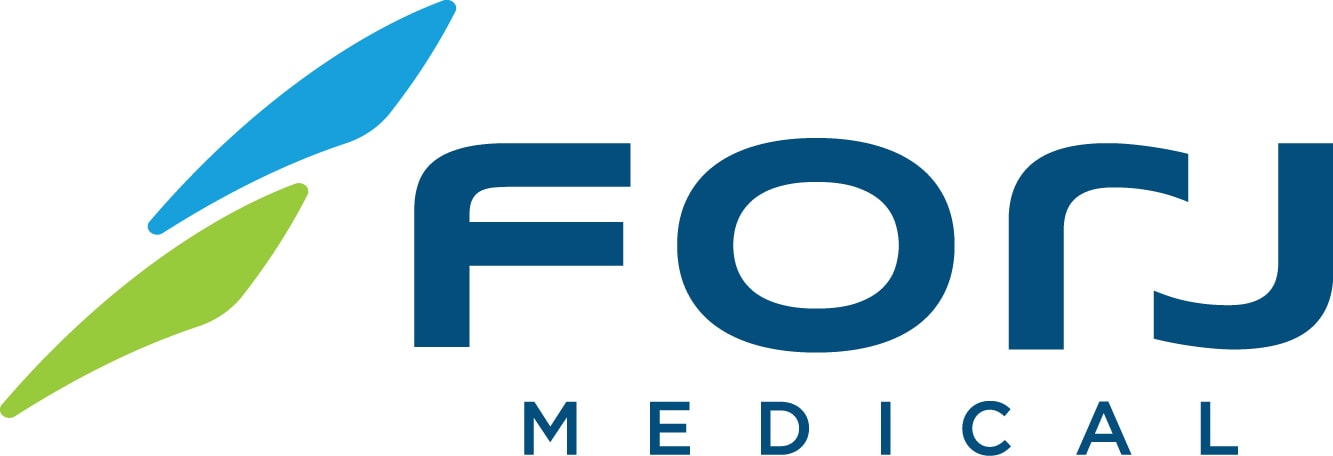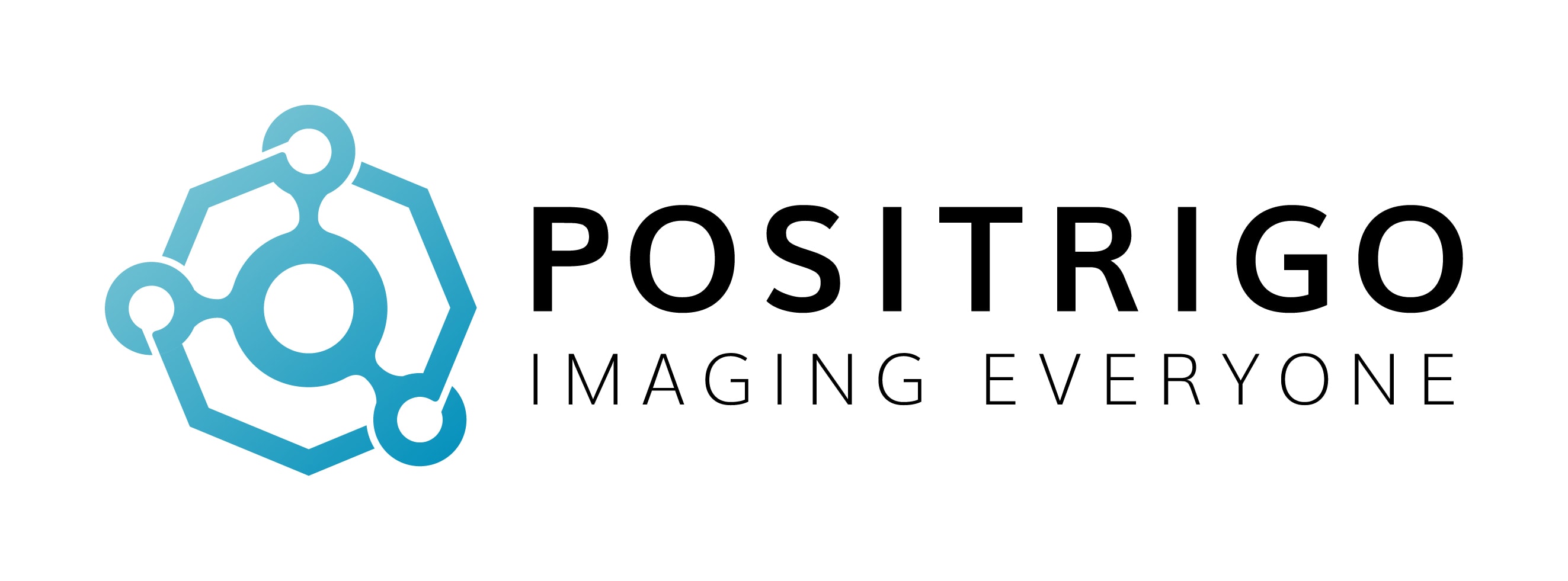After working for years to turn around its diabetes business, Medtronic announced plans on Wednesday to spin out the unit. The decision raised questions among analysts about why Medtronic would exit a growing market as more people adopt diabetes technology.
“We’re left asking why?” J.P. Morgan analyst Robbie Marcus wrote in a research note. “Why spin off a growth business in one of the best end markets in MedTech?”
Wells Fargo analyst Larry Biegelsen asked a similar question in Wednesday morning’s earnings call. Medtronic CEO Geoff Martha said the diabetes business is “well down the path of a turnaround, it’s ready to stand alone, and we think it’s well suited for the public markets.”
He added that the change should give the diabetes business the funding and focus it needs to reach its full potential, and allow Medtronic to focus on other high-margin businesses, such as pulsed field ablation and renal denervation.
The new diabetes company would be the only one in the market that sells both insulin pumps and glucose sensors. Medtronic expects to conclude the deal, which would involve an initial public offering and a subsequent split-off, within 18 months.
Martha said differences in how the diabetes unit operates mean it benefits less from sharing manufacturing and technology platforms with Medtronic’s other segments. The diabetes business primarily sells directly to customers, such as patients or physicians, rather than selling to hospitals or ambulatory surgery centers, as Medtronic’s other segments do, the CEO said. The decision “is a logical one that should provide value for Medtronic, this franchise and investors over time,” William Blair analysts Margaret Kaczor Andrew and Brandon Vazquez wrote in a research note.
Mike Kratky, an analyst at Leerink Partners, wrote in a research note that the decision makes sense from a strategic perspective, given that the diabetes business has lower margins than Medtronic’s other segments. He added that a spinoff could make Medtronic’s diabetes unit a “more focused and nimble competitor.” However, Kratky still sees the business as disadvantaged compared to its peers that have more compelling product portfolios.
A turnaround amid growing competition
Five years ago, Medtronic’s diabetes business was struggling. The company received a warning letter in 2021 from the Food and Drug Administration after a faulty component in certain insulin pumps could lead to over- or under-dosing of insulin. As Medtronic worked to fix the problems, it couldn’t bring new devices to the U.S. market.
In the interim, competitors like Insulet, Dexcom and Abbott released new insulin patch-pumps and continuous glucose monitors.
Medtronic diabetes sales have increased since 2023
Medtronic started to turn around its diabetes business after resolving the warning letter in April 2023, and the company received FDA approval for its newer insulin pump, the MiniMed 780G, shortly before the letter was lifted. The company also received FDA approval last year for its Simplera Sync glucose sensor, catching up to competitors with a device that didn’t require tape or calibration with fingersticks. Since then, Medtronic has received authorization to pair its CGM with insulin pumps and partnered with competitor Abbott to develop a separate glucose sensor that works with Medtronic’s pumps.
Que Dallara, president of Medtronic’s diabetes unit, told investors on this week’s earnings call that the company has submitted an application to the FDA for an interoperable pump and controller, which would pave the way for the collaboration with Abbott. The company has also applied for a label expansion for its 780G pump to be used by people with Type 2 diabetes. Medtronic is working on its next-generation pump, the MiniMed Flex, and plans to submit an application by the end of the fiscal year.
“As you can see, we've significantly turned around our diabetes business,” Dallara said.
However, competition has ramped up as other firms have already received FDA authorization to offer insulin pumps and CGMs for Type 2 diabetes, and new companies are entering the market. Insulet, which leads the U.S. market for insulin pumps, is gaining share outside of the U.S., a region where Medtronic used to have a sizeable lead, J.P. Morgan’s Marcus wrote. Tandem Diabetes Care is working on a patch version of its newest insulin pump; Beta Bionics and Sequel MedTech are bringing new automated insulin dosing systems to the U.S.; and Roche debuted its first CGM in Europe and announced plans this month to invest $550 million to expand manufacturing capacity at a site in Indiana.
Medtronic’s diabetes spinoff “may be able to change its strategic decisions toward ones that can better align with the direction of the market,” such as more personalized software, patch pumps, and taking advantage of Medtronic’s broad physician reach, the William Blair analysts wrote.
They added that they’ll “look for more details on these points and whether some of the core friction points can change the culture of the segment and how long that process may need to take place.”













